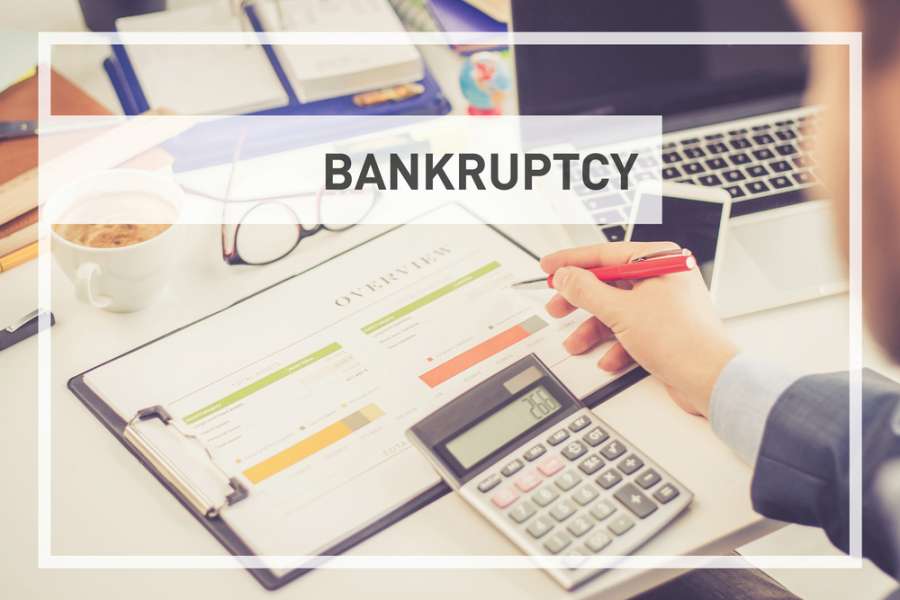According to data provided by the United States Courts in June 2017, the bankruptcy cases filed declined to 796,037 as compared to 2016 which was 819,159. When building a new business from scratch, you are excited about the future. At no one time do you think that you could reach a place and consider closing shop.
Businesses are delicate and need proper management for better performance. Every day you hear of mega-businesses filing bankruptcy and you wonder how? Why? One wrong move can take your business down. Choose the right team who share the same goals and ideas as you do for the company to help it to run smoothly.
Bankruptcy is a sensitive topic for most businesses. Your businesses may be financially drained as you keep getting calls from your suppliers over some unpaid invoices. Do not be in haste to file bankruptcy. Below are some of the reasons why you should not file for bankruptcy:
It Damages Your Credit Score
If you are a startup, you know how important it is to have an excellent credit rating. As a potential business owner, you are also aware of how crucial financing is for the business. When you consider filing for bankruptcy, that’s like a deathbed on your credit score.
Once you file for bankruptcy, it will appear on your credit report. All the accounts that are on the bankruptcy will appear on the report. The accounts stay on your credit report for seven years which could scare financiers away. This will make it more difficult for you to get loans in future.
You Lose Assets
Higher chances are that once you file bankruptcy, you may end up losing some of your assets depending on the degree of bankruptcy. The road will not be easy especially depending on how much debt you have.
Have an accountant review your debt status and see how much money you owe your creditors versus what debtors owe you. You may find that most of that debt is payable with time. Also, you can consult with a bankruptcy lawyer who will advise you accordingly on how to handle your situation.
Looking into your accounts, you may find that the amount of debt owing is not as much as you think and can be paid off with time. Also, another channel could be taking out a personal loan that will offset all the debt and start afresh. The advantage is that there are avenues for getting unsecured loans that don’t require any collateral. See https://aaacreditguide.com/personal-loans/lendingtree/ for more information on such loans.
Negotiate with Creditors
Sometimes, debt can put you in a tight spot where you may end up getting depressed. However, having a support system may help you deal with all the occurrences that may come your way. People often file for bankruptcy because they think it’s their only way out.
Ever thought of negotiating with your creditors? As a budding entrepreneur who is in business, it is essential to have a stable working relationship with your creditors. If you have fallen behind on payment, explain to them the current financial position. Assure them that you will pay them with time. Creditors prefer settling the debt with you rather than when you have filed bankruptcy. So, before you think of going the legal way, ensure you have exhausted all your options.
When you Can Pay the Outstanding Debt
Being a small business owner may limit you to certain privileges like employing some of the most qualified accountants. You too, may not be good at bookkeeping. After some analysis, you may think that your current financial position only disposes you to go the bankruptcy way.
Find an expert who will go through all your books and see if it’s worth it. In the long run, you may find that your personal income may offset the debts, at least the bigger percentage. You may unknowingly have the ability to pay the debt and save yourself from bad credit history.
In Case of Any Inheritance
Let’s say; you recently got some inheritance form your parents where they left you a huge portion of land or house. In most scenarios, when you file for bankruptcy, you will find that you may not have control of what may be liquidated.
During bankruptcy, income that you expect to receive, especially if it is in the form of commission, is classified as an asset. Therefore, in such cases, the bankruptcy trustee may use it to pay your creditors.
Hopefully, the above reasons should motivate you against filing for bankruptcy. Analyze everything carefully before making that bold step. Keep in mind what is at stake versus the aftermath. This does not necessarily mean you should cancel out the bankruptcy factor altogether; it may be the only solution especially when you are in a corner you can’t get out quickly.





